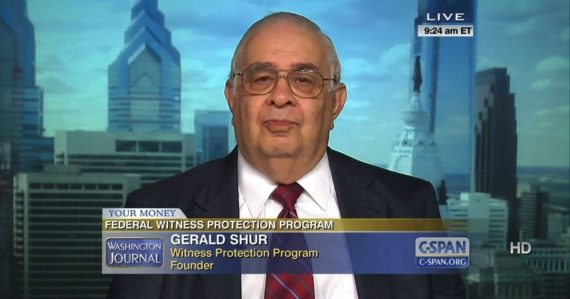
(9-1-20) Ten new members have been named to serve on the Interdepartmental Serious Mental Illness Coordinating Committee that advises federal officials and Congress about mental health and addictions.
I am one of four original members asked to continue serving on the advisory committee. I am delighted that Miami-Dade Judge Steven Leifman is one of the new appointments.
HHS Secretary Alex M. Azar II and Assistant Secretary of Health and Human Services for Mental Health and Substance Use Dr. Elinore McCance-Katz are responsible for naming advisory members. Those asked will serve a three year term. The law that created ISMICC requires both federal and non-federal ISMICC members to issue a final report to Congress on December 2022. Congress can reauthorize ISMICC or let it expire after that report is issued.
The nonfederal members are: (returning members bold faced.)
- Trinidad de Jesus Arguello, Ph.D., LCSW, PMHRN-BC, Director, Compostela Community and Family Cultural Institute
- Yasmine Brown, M.S., Chief Executive Officer, Hope Restored Suicide Prevention Project, LLC
- Ron Bruno, Founding Board Member and Second Vice President, CIT International
- David Covington, LPC, MBA, CEO/President, RI International
- Pete Earley, Author
- Dainery Fuentes, Ph.D., School Psychologist, Polk County School Board
- Brian Hepburn, M.D., Executive Director, National Association of State Mental Health Program Directors
- Jennifer Higgins, Ph.D., CCRP, Owner, CommonWealth GrantWorks
- Johanna Kandel, B.A., Founder and Chief Executive Officer, The Alliance for Eating Disorders Awareness
- Steven Leifman, J.D., Associate Administrative Judge, Miami-Dade County Court, Eleventh Judicial Circuit of Florida
- Adrienne Lightfoot, Peer Program Coordinator, DC Department of Behavioral Health
- Amanda Lipp, B.S., Director and Filmmaker, Lipp Studios
- Winola Sprague, DNP, CNS-BC, Medical Director, Children’s Advantage
- Rhathelia Stroud, J.D., Presiding Judge, DeKalb County Magistrate Court
- Katherine Warburton Williams, D.O., Medical Director and Deputy Director of Clinical Operations, California Department of State Hospitals







